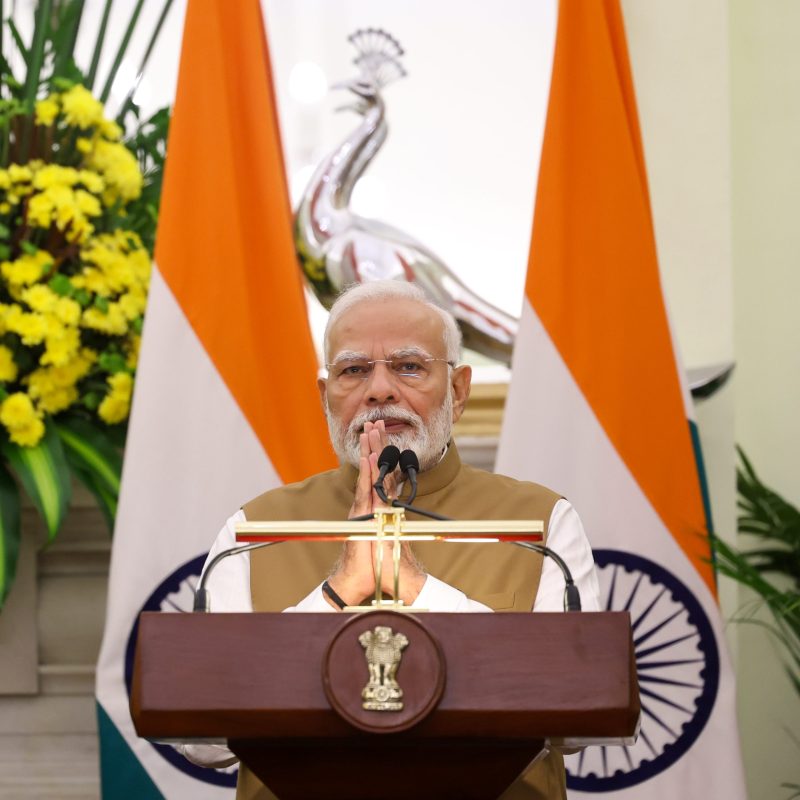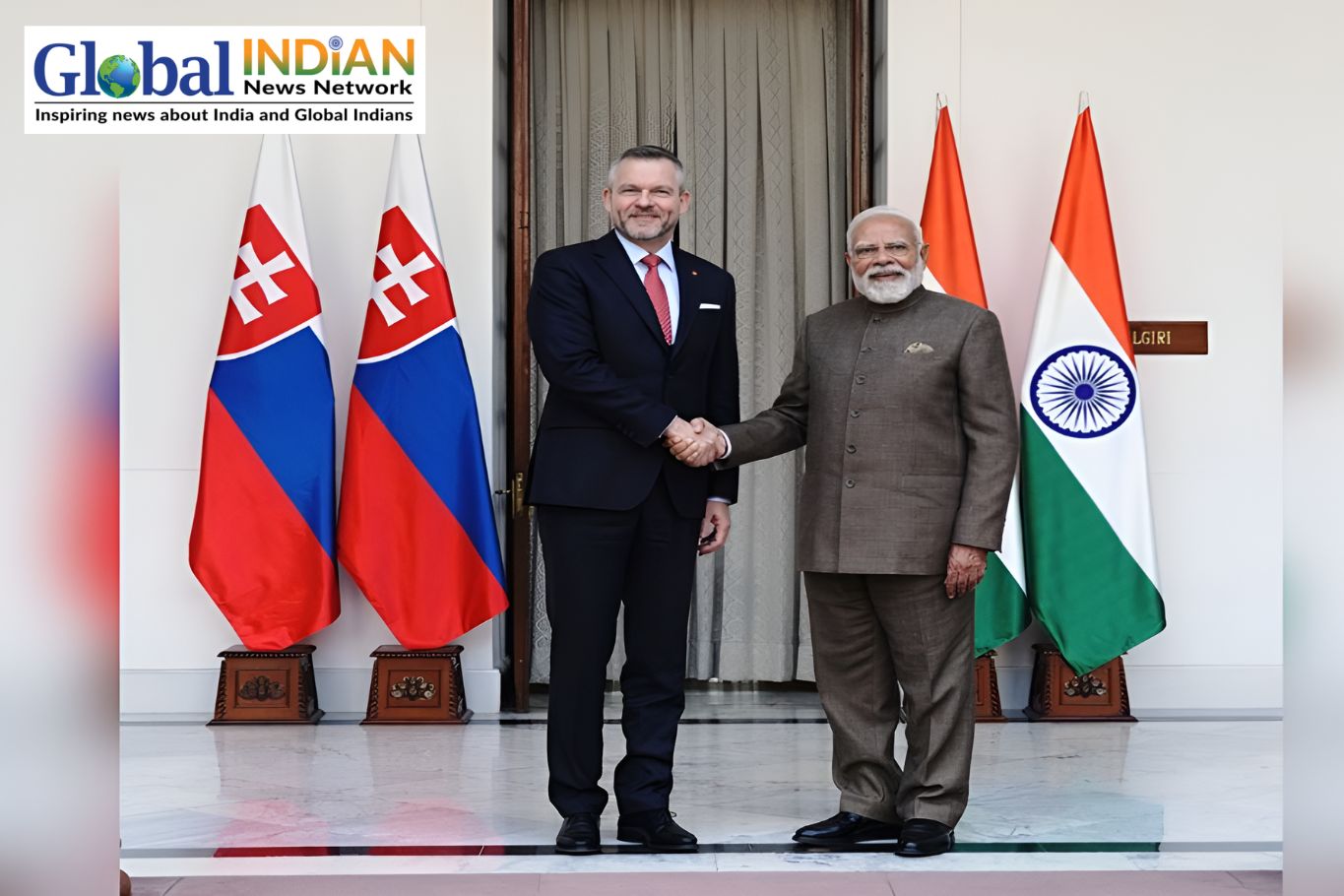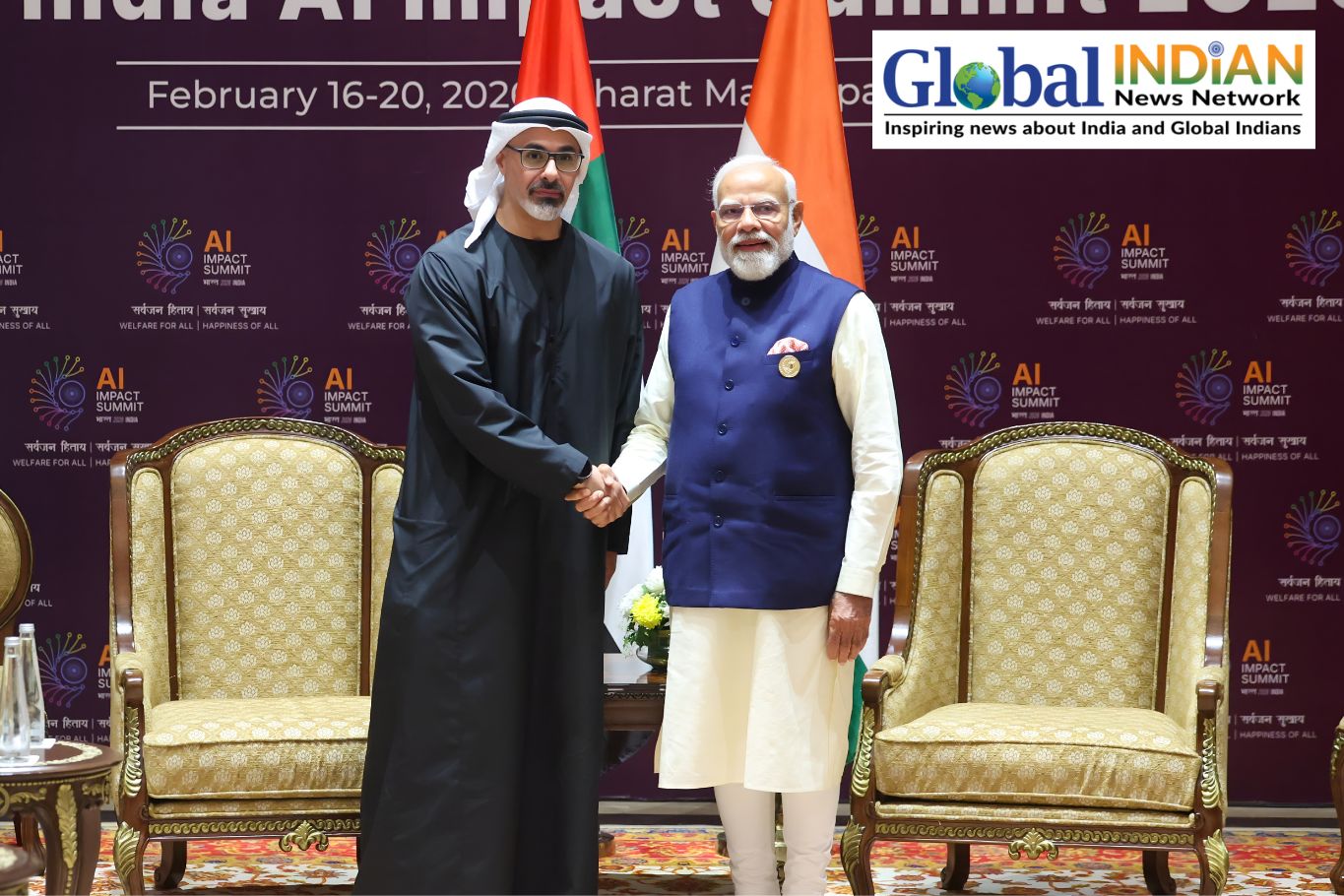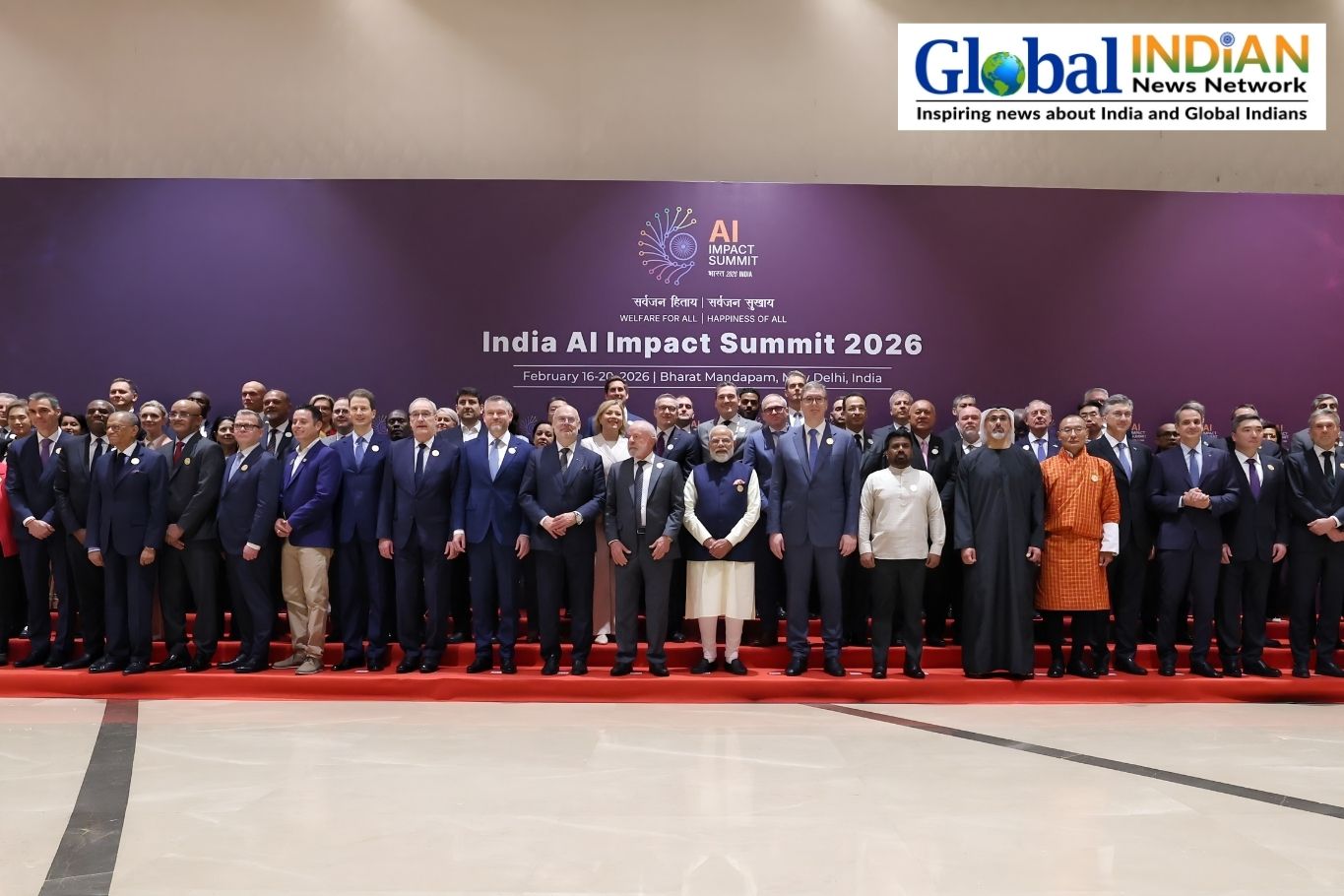 In the first 100 days of Prime Minister Narendra Modi’s second term, India has made significant progress in enhancing its global influence through various diplomatic, maritime, and digital initiatives. According to an official report by the Ministry of External Affairs (MEA), India has expanded its international partnerships, particularly in renewable energy and digital payments infrastructure.
In the first 100 days of Prime Minister Narendra Modi’s second term, India has made significant progress in enhancing its global influence through various diplomatic, maritime, and digital initiatives. According to an official report by the Ministry of External Affairs (MEA), India has expanded its international partnerships, particularly in renewable energy and digital payments infrastructure.
Five new diplomatic missions were inaugurated in Albania, Gabon, Georgia, Latvia, and Timor-Leste, reflecting India’s commitment to increasing its global presence. Two Indian Consulates were also opened in Auckland, New Zealand, and Barcelona, Spain. To further strengthen ties with the Indian diaspora, e-passport pilot projects were launched in Bhubaneswar and Nagpur, and the e-Migrate mobile app was introduced to simplify overseas employment processes. A Labour Mobility Agreement with Malaysia was also signed to ensure the safe migration of Indian workers.
As part of Modi’s SAGAR (Security and Growth for All in the Region) vision, India has undertaken key maritime initiatives, including setting up a Maritime Rescue Coordination Centre (MRCC) in Sri Lanka and relaunching the ferry service between the two nations. India also handed over the refitted PS Zoroaster vessel to Seychelles and engaged in maritime security dialogues with Australia and Vietnam.
In renewable energy, India signed the International Solar Alliance (ISA) Framework Agreement with Bolivia, the Dominican Republic, and Costa Rica to promote global cooperation in solar energy development. The report highlighted India’s contributions to global health, with new agreements signed with several Latin American countries to facilitate cooperation in drug regulation and recognition of Indian Pharmacopeia standards.
India’s global digital payments infrastructure also saw significant progress, with the Ministry of Electronics and Information Technology (MeitY) signing India Stack agreements with various countries, including Colombia, Cuba, and Trinidad & Tobago. A licensing agreement was also established between the Central Bank of Peru and NPCI International Payments Limited (NIPL), further expanding the reach of India’s Unified Payments Interface (UPI).
India’s proactive diplomacy in these sectors underscores its growing role on the world stage, with ongoing discussions aimed at strengthening partnerships and fostering international cooperation in healthcare, maritime security, renewable energy, and digital payments.










2 Comments
Thank you for addressing this topic. It’s very relevant to me.
I found this very helpful and will be sharing it with my friends.